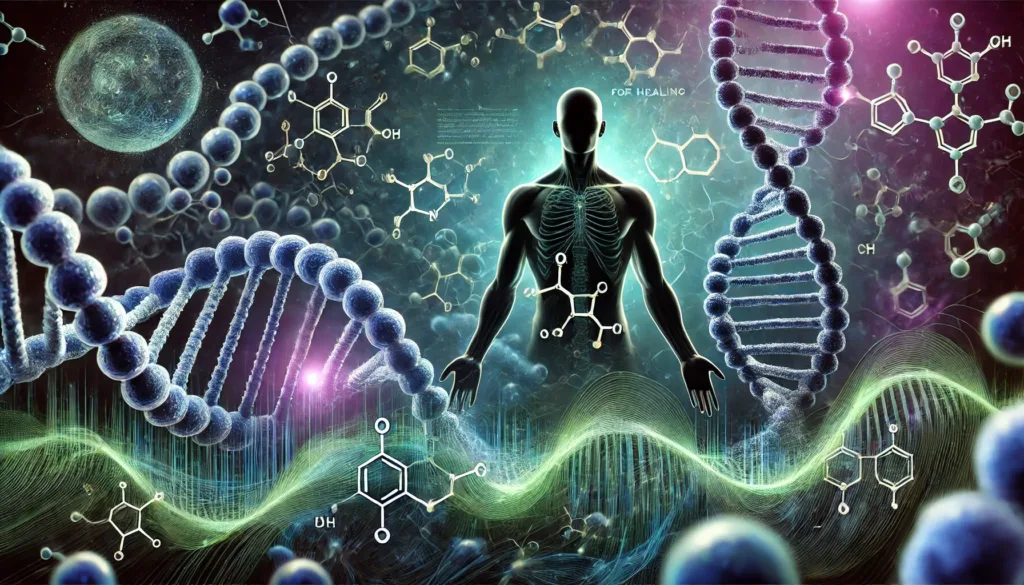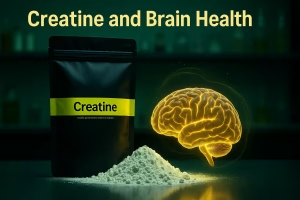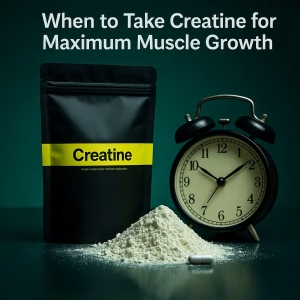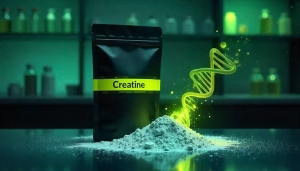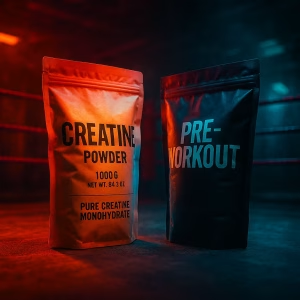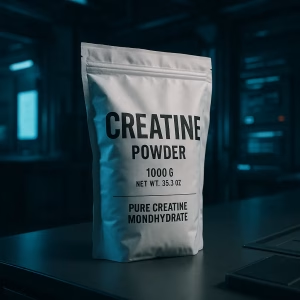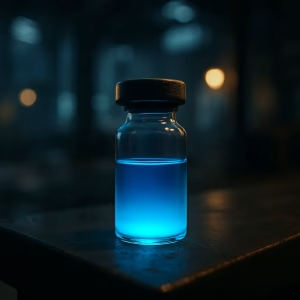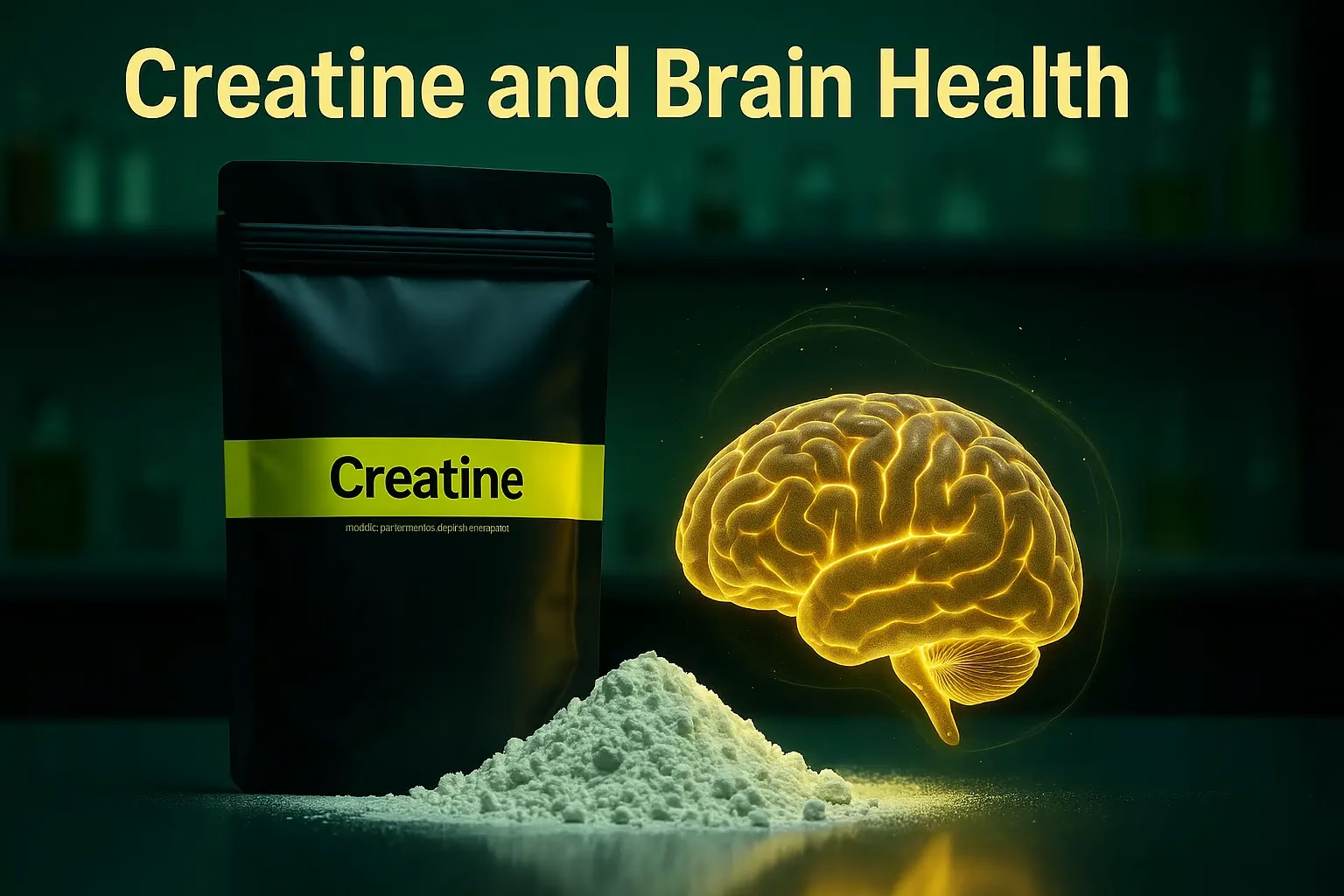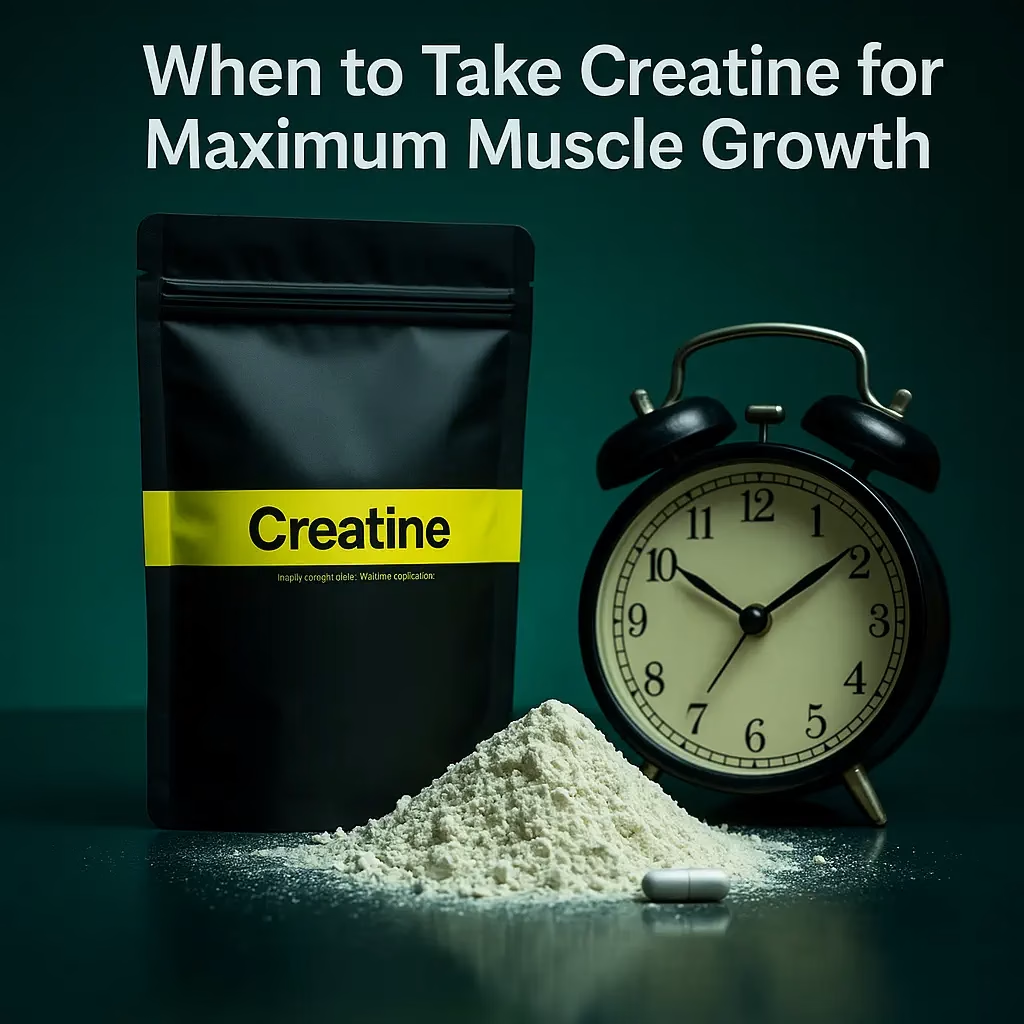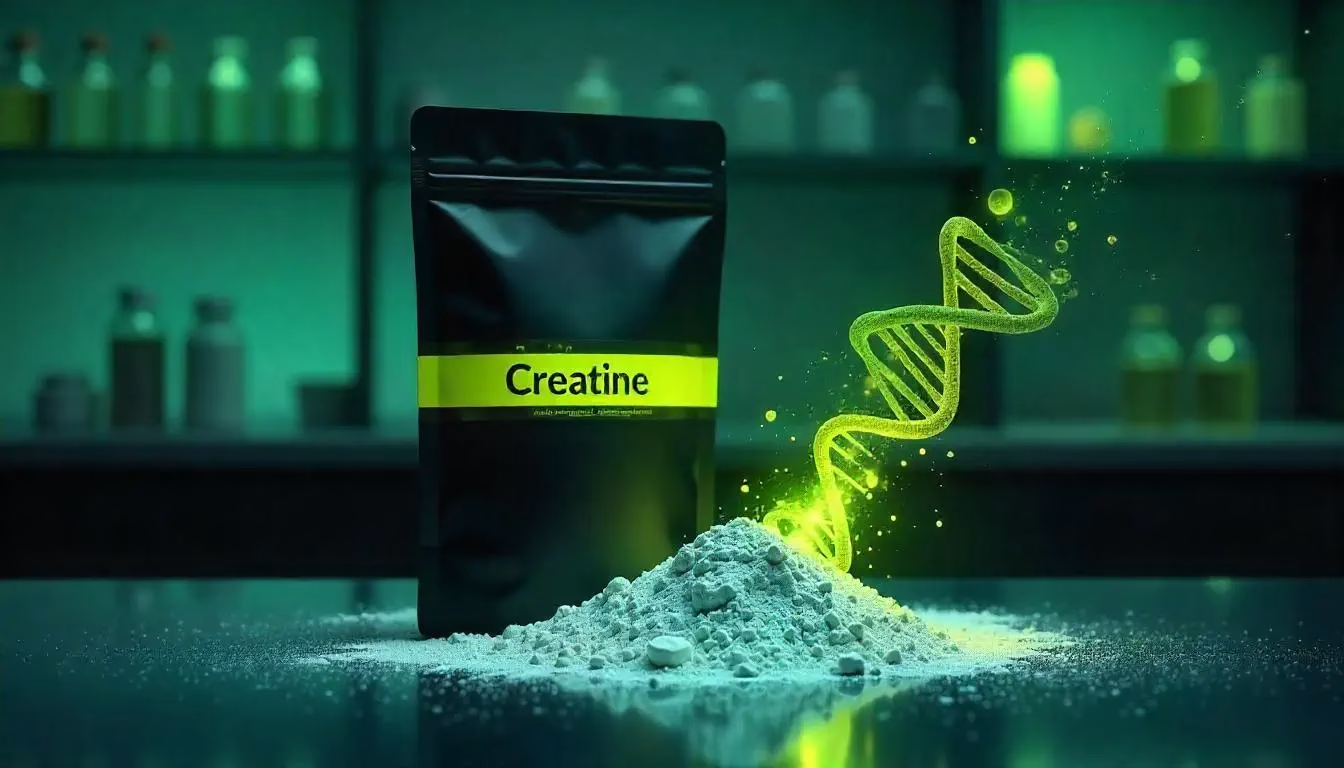In the vast landscape of health and wellness, a microscopic player is making enormous waves. Peptides, once relegated to the back pages of biochemistry textbooks, are now front and center in cutting-edge research and revolutionary treatments. From healing wounds to reversing the signs of aging, these tiny molecular chains are proving to be veritable Swiss Army knives of biological function. But what exactly are peptides, and how are they transforming our approach to health and healing? Let’s embark on a deep dive into the world of these remarkable molecules.
Understanding Peptides: The Building Blocks of Life
What Are Peptides?
At their core, peptides are short chains of amino acids, the fundamental building blocks of proteins. While proteins are long, complex molecules that can contain hundreds or even thousands of amino acids, peptides are much shorter, typically consisting of between 2 and 50 amino acids. This smaller size gives peptides some unique advantages in the body, allowing them to perform specific functions with precision and efficiency.
Peptides occur naturally in all living organisms, playing crucial roles in various biological processes. They act as hormones, neurotransmitters, growth factors, and more. In the human body, peptides are involved in everything from regulating blood pressure to controlling appetite and managing pain.
The Peptide-Protein Connection
To truly understand peptides, it’s essential to grasp their relationship with proteins. While both are made up of amino acids, their differences in size and structure lead to distinct roles in the body:
- Size and Complexity: Proteins are large, complex molecules, often folding into intricate three-dimensional structures. Peptides, being much shorter, typically have simpler structures.
- Function: Proteins often have multiple functions and can interact with many different molecules in the body. Peptides, due to their smaller size, tend to have more targeted, specific functions.
- Absorption and Bioavailability: The smaller size of peptides often makes them easier for the body to absorb and utilize compared to larger proteins.
- Synthesis: While both proteins and peptides can be synthesized in the lab, peptides are generally easier and less expensive to produce artificially.
Types of Peptides
Peptides come in various forms, each with unique properties and functions:
- Dipeptides: The simplest form, consisting of just two amino acids.
- Tripeptides: Composed of three amino acids.
- Oligopeptides: Containing between 2 and 20 amino acids.
- Polypeptides: Longer chains of 20 to 50 amino acids.
- Cyclic Peptides: Peptides where the ends of the chain are joined together, forming a ring structure. These are often more stable and resistant to breakdown in the body.
- Branched Peptides: Peptides with side chains, creating a branched structure.
Each type of peptide has its own set of characteristics and potential applications in health and medicine.
The Science of Healing: How Peptides Work Their Magic
Cellular Communication: The Peptide’s Secret Weapon
One of the most remarkable aspects of peptides is their ability to facilitate communication between cells. Many peptides act as signaling molecules, binding to specific receptors on cell surfaces and triggering a cascade of reactions within the cell. This ability to “speak the language” of cells allows peptides to influence a wide range of biological processes, from inflammation and immune response to cell growth and differentiation.
For example, growth hormone-releasing peptides (GHRPs) stimulate the pituitary gland to produce more growth hormone, which can have far-reaching effects on metabolism, muscle growth, and tissue repair. Similarly, certain peptides can signal the body to increase collagen production, leading to improved skin elasticity and wound healing.
Peptides and the Immune System
The immune system is another area where peptides play a crucial role. Antimicrobial peptides (AMPs) are a key part of the body’s innate immune defense, acting as natural antibiotics to fight off bacteria, viruses, and fungi. These peptides work by disrupting the membranes of microbial cells, effectively destroying them while leaving human cells unharmed.
Furthermore, some peptides can modulate the immune response, either ramping it up to fight off infections or dampening it down in cases of autoimmune disorders. This delicate balancing act is crucial for maintaining overall health and promoting healing.
The Healing Process: A Peptide Perspective
When it comes to healing, peptides are involved at every stage of the process:
- Inflammation: Certain peptides help to regulate the inflammatory response, ensuring that it’s strong enough to promote healing but not so strong that it causes damage.
- Cell Proliferation: Growth factors, many of which are peptides, stimulate the production of new cells to replace damaged tissue.
- Angiogenesis: Some peptides promote the growth of new blood vessels, ensuring that healing tissues receive an adequate supply of oxygen and nutrients.
- Remodeling: In the final stages of healing, peptides help to reorganize and strengthen the newly formed tissue.
Peptides in Action: Specific Applications for Health and Healing
Skin Health and Anti-Aging
Perhaps one of the most well-known applications of peptides is in the realm of skincare and anti-aging treatments. So, Collagen peptides, in particular, have gained significant attention for their ability to improve skin elasticity and reduce the appearance of wrinkles.
Collagen Peptides: The Fountain of Youth?
Collagen is the most abundant protein in the human body, providing structure and support to skin, bones, and connective tissues. As we age, collagen production naturally decreases, leading to wrinkles, sagging skin, and joint problems. This is where collagen peptides come in.
When ingested or applied topically, collagen peptides can stimulate the body to produce more collagen. They do this by acting as messengers, signaling to cells that collagen has been broken down and needs to be replaced. This increased collagen production can lead to:
- Improved skin elasticity and firmness
- Reduction in the appearance of fine lines and wrinkles
- Enhanced wound healing
- Stronger nails and hair
- Improved joint health
Studies have shown promising results. For example, a 2019 study published in the Journal of Drugs in Dermatology found that women who took a collagen peptide supplement for 12 weeks showed significant improvements in skin elasticity compared to those who took a placebo.
Beyond Collagen: Other Skin-Loving Peptides
While collagen peptides get much of the attention, other peptides also play crucial roles in skin health:
- Copper Peptides: These peptides, which contain copper ions, have been shown to promote collagen and elastin production, as well as possess antioxidant properties. They’re often used in skincare products for their anti-aging and wound-healing properties.
- Matrixyl: A synthetic peptide that stimulates collagen production and has been shown to reduce the appearance of wrinkles.
- Argireline: Often referred to as “Botox in a jar,” this peptide may help to reduce the appearance of fine lines and wrinkles by inhibiting muscle contractions.
- Palmitoyl Pentapeptide-4: Another synthetic peptide that stimulates collagen production and may help to improve skin texture and reduce wrinkles.
Wound Healing: Peptides to the Rescue
When it comes to wound healing, peptides are true superheroes. They’re involved in every stage of the healing process, from the initial inflammatory response to the final remodeling of scar tissue.
Antimicrobial Peptides: Nature’s Antibiotics
One of the most crucial roles peptides play in wound healing is in fighting off infections. Antimicrobial peptides (AMPs) are a diverse group of molecules that act as the body’s natural antibiotics. They work by disrupting the cell membranes of bacteria, fungi, and even some viruses, effectively destroying these potential pathogens.
What makes AMPs particularly exciting is their potential to combat antibiotic-resistant bacteria. Unlike traditional antibiotics, which bacteria can develop resistance to over time, AMPs work in a way that makes it much more difficult for bacteria to evolve defenses against them.
Some examples of AMPs being studied for their wound-healing properties include:
- Defensins: A family of AMPs found in humans and other mammals
- Cathelicidins: Another family of AMPs with broad-spectrum antimicrobial activity
- Pexiganan: A synthetic AMP developed specifically for treating diabetic foot ulcers
Growth Factors: Stimulating Tissue Repair
Growth factors are another class of peptides crucial for wound healing. These signaling molecules stimulate cell growth, proliferation, and differentiation. In the context of wound healing, growth factors help to:
- Promote the formation of new blood vessels (angiogenesis)
- Stimulate the production of collagen and other extracellular matrix components
- Encourage the migration of cells to the wound site
Some important growth factors in wound healing include:
- Platelet-Derived Growth Factor (PDGF): Stimulates the growth of blood vessels and connective tissue
- Epidermal Growth Factor (EGF): Promotes the growth and differentiation of epithelial cells
- Vascular Endothelial Growth Factor (VEGF): Stimulates the formation of new blood vessels
Muscle Growth and Recovery: Peptides for Peak Performance
For athletes and fitness enthusiasts, peptides offer exciting possibilities for enhancing muscle growth, improving recovery times, and boosting overall performance.
Creatine Peptides: Powering Muscle Growth
Creatine is a well-known supplement in the fitness world, prized for its ability to increase muscle mass and improve athletic performance. Creatine peptides take this a step further by improving the absorption and bioavailability of creatine.
When you consume creatine peptides, they’re more easily absorbed by the intestines and can more readily enter muscle cells. This increased bioavailability means that lower doses can be effective, potentially reducing the risk of side effects associated with high doses of traditional creatine supplements.
The benefits of creatine peptides include:
- Increased muscle mass and strength
- Improved exercise performance, particularly in high-intensity, short-duration activities
- Faster recovery times between workouts
- Potential neuroprotective effects
BPC-157: The Healing Peptide
Body Protection Compound 157, or BPC-157, is a peptide that has gained attention for its potential to accelerate healing of various tissues, including muscles, tendons, and ligaments. While more research is needed, early studies and anecdotal evidence suggest that BPC-157 may:
- Promote faster healing of muscle tears and strains
- Accelerate recovery from tendon and ligament injuries
- Reduce inflammation and pain associated with injuries
- Potentially protect against ulcers and promote gut health
It’s important to note that while BPC-157 shows promise, it’s not yet approved by the FDA for human use, and more research is needed to fully understand its effects and potential risks.
Bone Health: Building a Strong Foundation
As we age, maintaining strong, healthy bones becomes increasingly important. Peptides are emerging as potential allies in the fight against osteoporosis and other bone-related disorders.
Collagen Peptides for Bone Strength
We’ve already discussed the benefits of collagen peptides for skin health, but their potential extends to bone health as well. Collagen is a major component of bone structure, providing a framework for mineral deposition.
Studies have shown that supplementation with collagen peptides can:
- Increase bone mineral density
- Improve bone strength and flexibility
- Potentially reduce the risk of osteoporosis and fractures
A 2018 study published in the journal Nutrients found that postmenopausal women who took collagen peptides for 12 months showed significant increases in bone mineral density compared to those who took a placebo.
Parathyroid Hormone-Related Peptides
Parathyroid hormone (PTH) and related peptides play a crucial role in regulating calcium metabolism and bone remodeling. While continuous exposure to PTH can lead to bone loss, intermittent exposure has been shown to stimulate bone formation.
Teriparatide, a recombinant form of human parathyroid hormone, is an FDA-approved treatment for osteoporosis. It works by:
- Stimulating new bone formation
- Improving bone microarchitecture
- Increasing bone mineral density
While effective, teriparatide must be injected daily and is typically reserved for patients with severe osteoporosis or those at high risk of fractures.
The Future of Peptides: Emerging Research and Potential Applications
As our understanding of peptides grows, so too does the range of potential applications. Researchers are exploring the use of peptides in various fields of medicine and wellness:
Neurodegenerative Diseases
Certain peptides show promise in treating neurodegenerative diseases like Alzheimer’s and Parkinson’s. For example:
- NAP (Davunetide): A neuroprotective peptide that has shown potential in animal models of Alzheimer’s disease
- CNTF (Ciliary Neurotrophic Factor): A peptide that may help protect and regenerate neurons in conditions like ALS
Cancer Treatment
Peptides are being investigated for their potential in both diagnosing and treating various forms of cancer:
- Tumor-targeting peptides: These can help deliver drugs directly to cancer cells, potentially reducing side effects
- Immunomodulating peptides: Some peptides can stimulate the immune system to better fight cancer cells
Metabolic Disorders
Peptides that mimic or regulate hormones involved in metabolism are being studied for their potential in treating conditions like diabetes and obesity:
- GLP-1 receptor agonists: Peptides that mimic the action of GLP-1, a hormone that stimulates insulin production and reduces appetite
- Ghrelin antagonists: Peptides that block the action of ghrelin, the “hunger hormone,” potentially aiding in weight loss
Safety Considerations and Potential Side Effects
While peptides offer exciting possibilities for health and healing, it’s crucial to approach their use with caution and under proper medical supervision.
General Safety Considerations
- Quality and Purity: Ensure that any peptide supplements or treatments come from reputable sources. Impurities or incorrect synthesis can lead to unexpected side effects.
- Dosage: As with any biologically active substance, the dosage of peptides is crucial. Too little may be ineffective, while too much could lead to adverse effects.
- Interactions: Peptides can interact with other medications or supplements. Always consult with a healthcare provider before starting any new peptide regimen.
- Route of Administration: The way peptides are administered (oral, topical, injectable) can significantly affect their efficacy and potential side effects.
Potential Side Effects
While many peptides are generally well-tolerated, some potential side effects can include:
- Injection Site Reactions: For injectable peptides, redness, pain, or swelling at the injection site
- Gastrointestinal Issues: Some oral peptides may cause nausea, diarrhea, or stomach discomfort
- Allergic Reactions: In rare cases, individuals may be allergic to certain peptides
- Hormonal Imbalances: Peptides that affect hormone levels could potentially lead to imbalances if not properly monitored
Special Populations
Certain groups should be particularly cautious when considering peptide treatments:
- Pregnant and Breastfeeding Women: The effects of many peptides on fetal development and infants are not well understood
- Children and Adolescents: Growing bodies may be particularly sensitive to peptides that affect growth and development
- Elderly Individuals: Age-related changes in metabolism and organ function may affect how peptides are processed in the body
- Individuals with Chronic Health Conditions: Those with underlying health issues should consult closely with their healthcare providers before using peptides
Practical Considerations: Incorporating Peptides into Your Health Regimen
If you’re considering adding peptides to your health and wellness routine, here are some practical steps to take:
- Educate Yourself: Continue to learn about different types of peptides and their potential benefits and risks. Stay up-to-date with the latest research.
- Consult with Healthcare Professionals: Before starting any peptide regimen, consult with a doctor or healthcare provider who is knowledgeable about peptide therapies.
- Start Slow: If you decide to try peptides, start with well-researched options and low doses. Monitor your body’s response carefully.
- Choose Quality Sources: If you decide to try peptides, start with well-researched options and low doses. Monitor your body’s response carefully.
The Promise and Potential of Peptides for Healing
As we’ve explored throughout this article, peptides represent an exciting frontier in health and healing. From skin rejuvenation and wound healing to muscle recovery and bone health, these versatile molecules offer targeted solutions for a wide range of health concerns.
The potential applications of peptides continue to expand as research progresses, with promising developments in areas such as neurodegenerative diseases, cancer treatment, and metabolic disorders. However, it’s crucial to approach peptide use with informed caution, always under the guidance of qualified healthcare professionals.
As we look to the future, peptides may play an increasingly important role in personalized medicine, offering tailored treatments that work in harmony with our bodies’ natural processes. By staying informed about the latest developments in peptide research and carefully considering their integration into our health routines, we can potentially unlock new levels of healing and wellness.
Remember, while the potential of peptides is exciting, they are not a magic solution. A holistic approach to health, including a balanced diet, regular exercise, and proper sleep, remains the foundation of overall well-being. Peptides, when used appropriately, can be a powerful tool in your health arsenal, complementing and enhancing your broader wellness strategies.
Expert Guidance: Dr. Broad, SSRP-Certified Peptide Specialist
At our clinic, we’re proud to have Dr. Broad, an SSRP-certified Peptide Specialist, leading our peptide therapy programs. Dr. Broad has completed rigorous training and certification through the Society of Sarcoidosis Resolution Physicians (SSRP) Institute, demonstrating a deep understanding of peptide therapies and their applications in health and healing.
This prestigious certification, offered by ssrpinstitute.org, ensures that Dr. Broad is at the forefront of peptide research and application, providing our patients with expert, up-to-date care in this exciting field of medicine. With Dr. Broad’s expertise, our patients can trust that they’re receiving safe, effective, and personalized peptide treatments backed by the latest scientific research.
